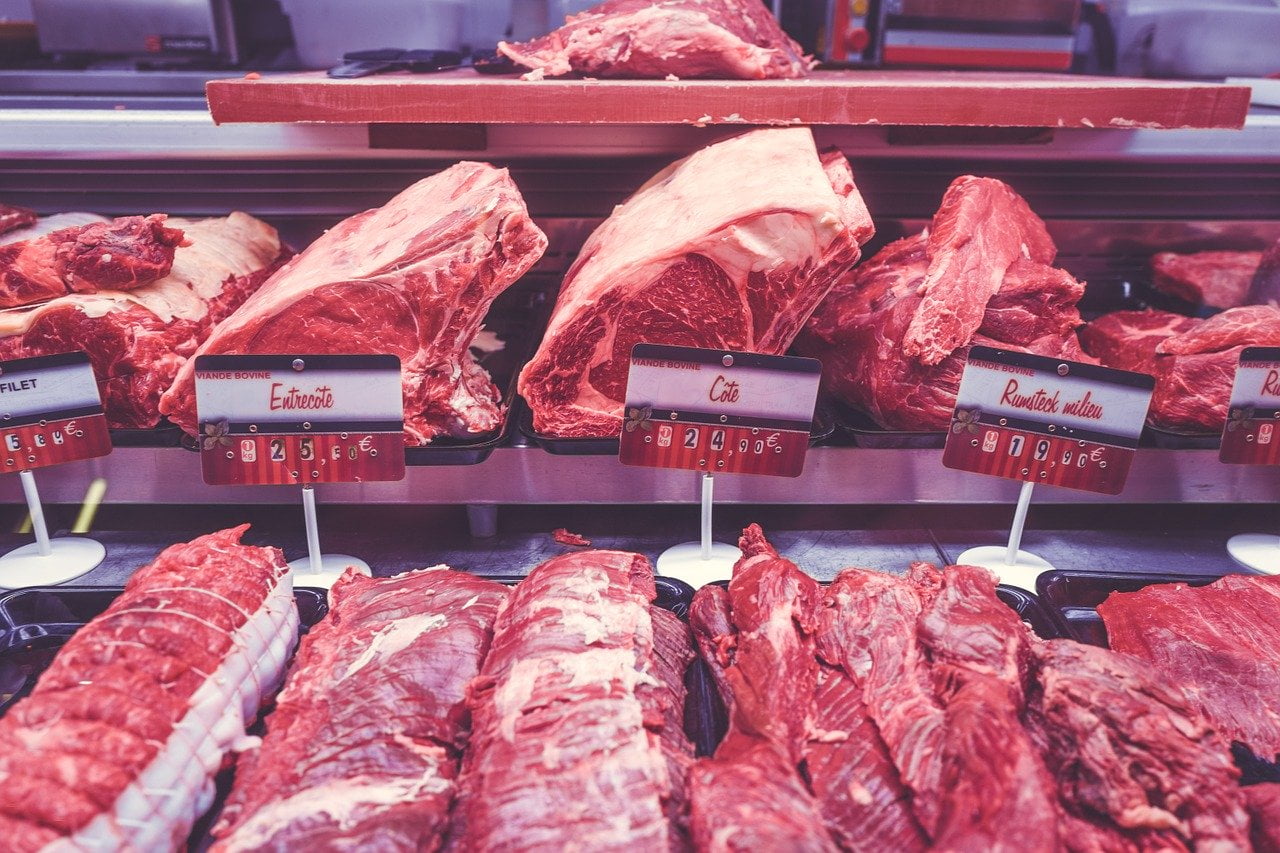The risk of a meat shortage caused by the coronavirus pandemic is rising despite President Donald Trump’s executive order telling meat processing plants to remain open. COVID-19 has been spreading among workers at the plants as they work in close quarters with one another.
Q1 2020 hedge fund letters, conferences and more
Data from USA Today and the Midwest Center for Investigative Reporting reveals that at least 4,400 employees at 80 meat processing plants have gotten sick over the last several weeks. As a result, 28 of those plants were shut down for at least a day. Thus, the executive order may do little to prevent a meat shortage due to the coronavirus' spread.
USA Today reports that slaughterhouses in the U.S. processed almost 1 million fewer hogs, cattle and sheep over the last week than they did the same week last year. Experts say that marks a new low that's expected to increase "spot" meat shortages at some grocery stores.
The newspaper reports that meat production declined 25% last week compared to a year ago, according to data from the U.S. Department of Agriculture. On Wednesday, production was down 42% from the same day last year. Just 283,000 hogs were slaughtered on Wednesday, compared to more than half a million in mid-March.
USA Today reports that poultry seems to be more available. Grocery stores and other retailers were 13.5% out of stock of chicken on Monday, which is an improvement from 14.4% the week before and 25.4% on March 19 when panic buying was at its peak, according to data from Euromonitor International.
Fortune reports that boneless chicken may be harder to find than other cuts of chicken. Poultry processors are spending less time deboning chicken so that they can increase their production and supply.
Meat supply chain isn't broken yet
Tyson Foods Chairman John H. Tyson said earlier this week that "the food supply chain is breaking." However, Jayson Lusk of Purdue University's Department of Agricultural Economics wouldn't go that far. He told USA Today that he "wouldn't say the food system is breaking," although he did say that the meat industry "is in real serious, critical condition at the moment."
He added that the odds of limited availability at some grocery stores are increasing. The possibility of a meat shortage from the coronavirus will depend much on where in the country you live.
Lusk also said that even though the coronavirus is driving a meat shortage, the nation won't run out of meat entirely. He emphasized that Americans should just buy what they need and leave some for others. Panic buying will only serve to exacerbate the coronavirus meat shortage.
He explained that certain grocers may run out of meat because of the suppliers they have contracts with. One grocery store may have a contract with a supplier whose plant is shut down, which would mean that they will run out of meat. On the other hand, the grocery store down the street might have a contract with a supplier that's unaffected by the coronavirus shutdowns, so they will have meat.














